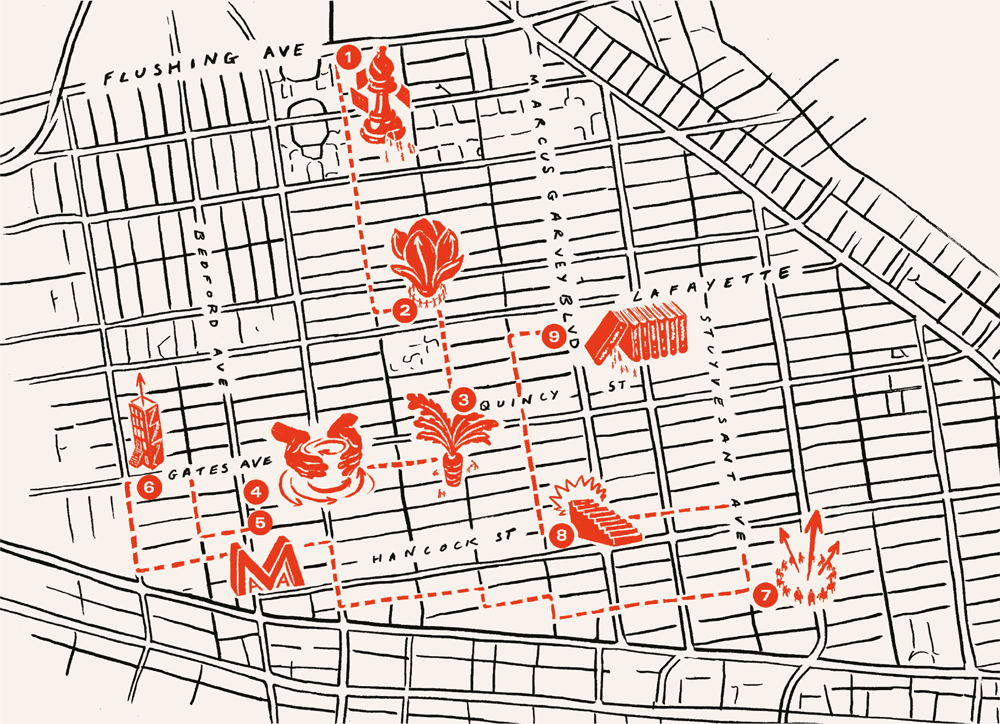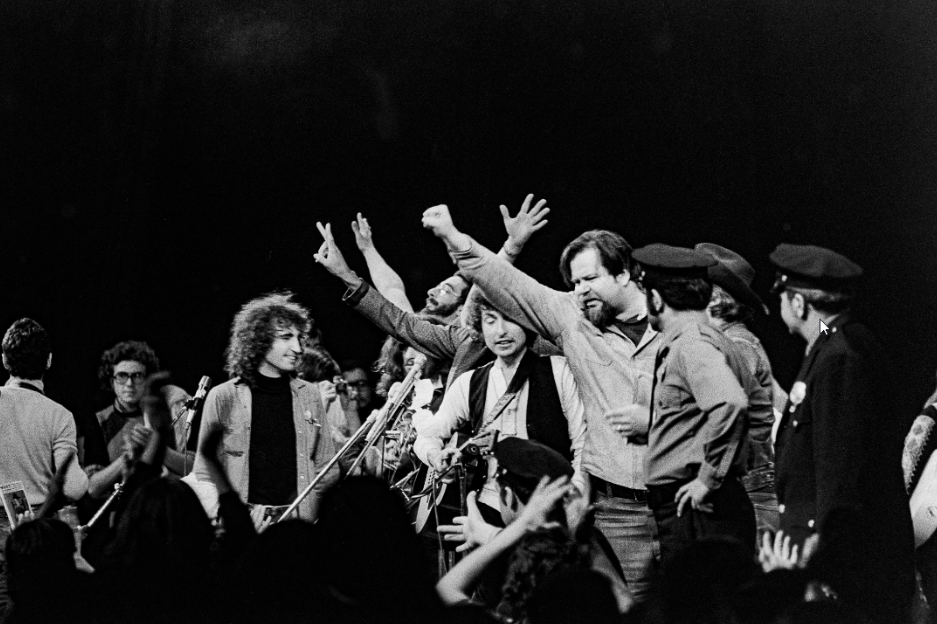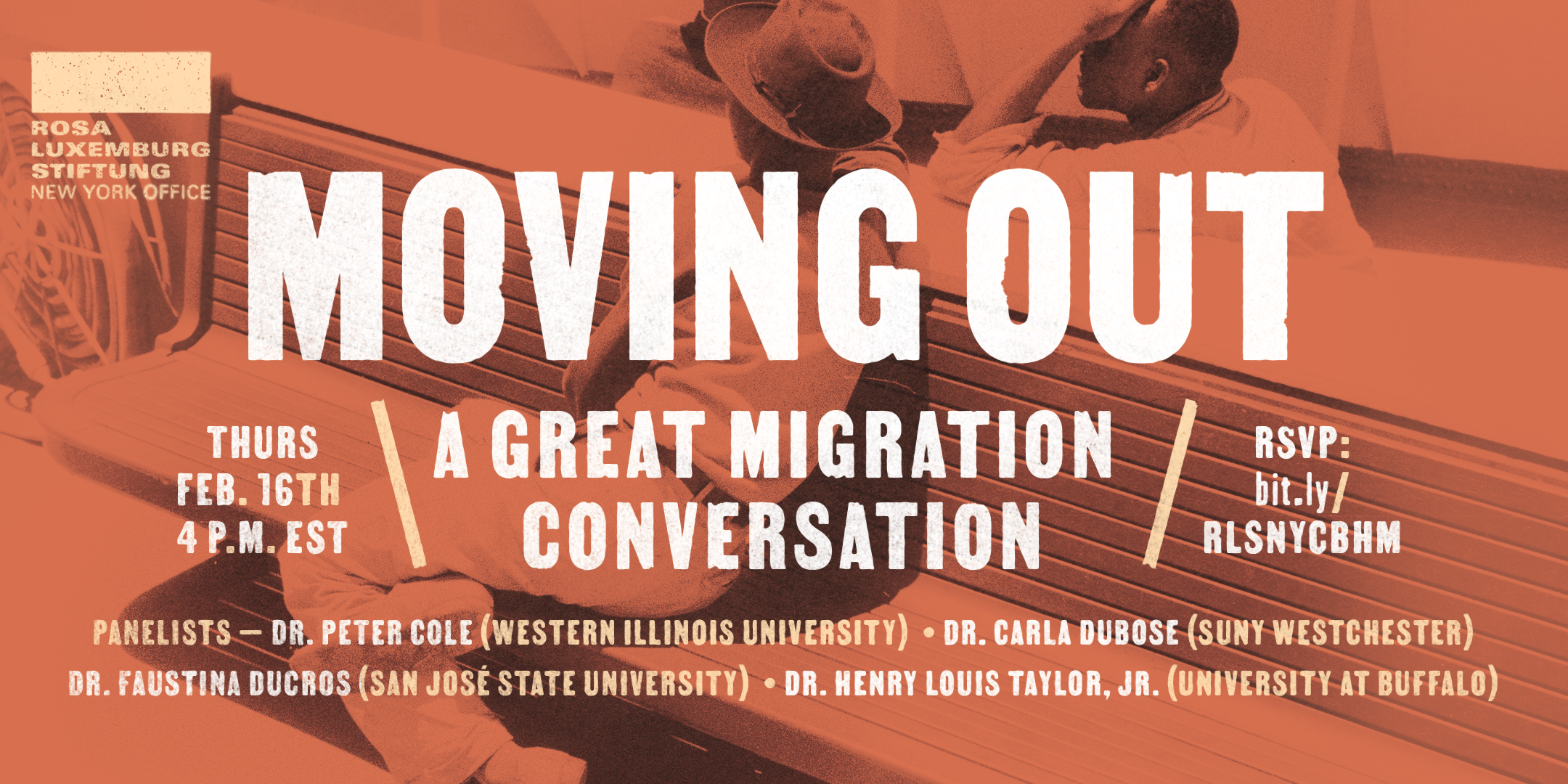An interview with Mayra A. Rodríguez Castro
This spring, before the world was turned upside down as result of the global health emergency, Audre Lorde’s memory was to be inscribed onto the cityscape of Berlin. A citizens’ initiative had successfully called for the renaming of a street in honour of the self-described Black feminist lesbian poet.
The politics of naming propel anti-colonialist and anti-racist political actions in Germany, and they were crucial to Lorde’s political practice, too. Audre Lorde was acutely aware of the power of naming and misnaming. During her intermittent visits to Berlin between 1984 and 1992, she assumed a central role in the formation of an early Afro-German movement. She encouraged Black Germans, especially Black German women, to lead self-conscious lives and no longer be silent: “you must identify yourself, otherwise someone else will do it for you.”
Poetry, too, identifies, gives names—to feelings, desires, and inner complexities. For Lorde, poetry was a way of living. Dream of Europe: Selected Seminars and Interviews, edited by Mayra A. Rodríguez Castro, presents us with a rich selection of previously unpublished readings, letters, interviews, and seminars delivered by the author. These materials, which are today held in the Audre Lorde archives at the John F. Kennedy Institute of North American Studies at Free University of Berlin, trace Lorde’s engagements with activists, scholars, writers, and students during her time in Germany.
Dream of Europe: Selected Seminars and Interviews was published by Kenning Editions in 2020. Mayra A. Rodríguez speaks about archival engagement and poetry, on the occasion of the book release.
Maria Theresia Starzmann: Mayra, thank you for taking the time to discuss Audre Lorde: Dream of Europe. I’m curious about the archival process you engaged in. How did you choose which materials to include in the book? Can you reflect on the power that comes with the appraisal of sources?
Mayra Rodríguez Castro: Archives pose their own problems, especially as they relate to allocations of life and knowledge. The Audre Lorde archives are appreciable in their labour of friendship and women coalition.
Dream of Europe grew from a love of poetry—poetry not only as a form of diction, but a tool for understanding, naming, and organizing experience. The selections in the book were included upon this premise. The book is composed of interviews, readings, and university seminars (fully transcribed from audio), as well as further documents. You use the word appraisal, a term that circulates widely in archival contexts to imply assessments of value. But I was more interested in resisting preconceived notions of Audre Lorde, that is, in resisting adulations.
Audre Lorde exercised a strange acceptance of death. She assumed responsibility over her legacy and interpretation by speaking strictly in complete sentences. I know this from the sound recordings, that even her delicate moments were sharp with lucidity. A lucidity she might have referred to as poetic scrutiny. Lorde was not afraid of being disagreeable and her openness led to conversation rather than axiom. I hope her incisiveness is palpable in the book.
I did not strive for the total transcription of archival sources. The finished picture could have been arid. A friend whispered the final lines of a poem by Wysława Szymborska into my thinking recently, “and the book of events, is always open halfway through.” I welcomed a similar feeling of incompleteness into the book and envisioned the reader as a sensible companion.
MS: Dream of Europe is not only notable by its openness, the book also feels light-handed, gentle. You offer few annotations such as footnotes and cross-references throughout the book. I sense a lack of intervention. Can you address your editorial process?
MRC: To preserve a tonality of open dialogue, without reproducing conversations at length, was a substantial challenge. I wanted the voice of Audre Lorde to remain propositional instead of cathedratic.
Many of the poems that were crucial to Lorde’s thinking, which she introduced throughout her readings and seminars, are excerpted in full within Dream of Europe. The poetry of Mari Evans, Nikki Giovanni, Sonia Sanchez, Langston Hughes, Haki R. Madhubuti, and June Jordan, among others, is present throughout the book. The decision to include poems by other authors expanded the scope of the title, which now serves as a sort of critical anthology.
I hoped the reader would confront words in abundance rather than dissected. I wasn’t interested in providing editorial directives since the reader may decide which surfaces to touch upon and where to inquire further. Some beautiful considerations arise in the notes section; exchanges between collaborators, mediations, and further political activities. I hope Dream of Europe is as generous as the reader allows it to be.
MS: Let’s speak briefly about the afterword, which is short, yet utterly beautiful. In it, you acknowledge “the spectral company of May Ayim.” Can you explicate the role of May Ayim in assembling the book?
MRC: Spectral company refers to my circumstantial encounter with May Ayim and her poems. May Ayim was a Ghanaian-German poet who collaborated closely with Audre Lorde, and who involved herself with the early Dub Poetry movement in England. The poetry of May Ayim accompanied the editorial process of this book. I believe translators and poets are acquainted with such forms of intimacy. Audre Lorde evokes them concisely: “whatever has happened in my life, I have found that unbeknownst to me I was always working with many others.” The book is an invitation to listen for past efforts, and to recognize varying forms of political and social engagement.
MS: Dream of Europe is itself a form of political engagement. Dagmar Schultz calls your work “archival activism” in the preface. The book opens with a letter from Dagmar Schultz to Audre Lorde from 1981, in which Schultz laments the “permission of silence” regarding racism in Germany. Is the book also meant to address the erasure, silencing, and mutilation of Black German history?
MRC: A Black German can speak about the silences of Black German history. I do understand that the presence of Audre Lorde in Germany was an effort to strengthen an international community of hyphenated people—those who share a double heritage. From that same introductory letter, I was struck by a statement from Dagmar Schultz: “in Mississippi I learned to be afraid.”
There is a fact one must reconcile with, as a Black person moving in our world. The fact is that you will face violence, silence, and disfigurement (misunderstanding) everywhere you go. There is essentially no haven even when the tactics of violence might vary. If one nation imparts violence through historical silence, and another nation teaches fear via systematic oppression, it is important that transnational lines of communication are in place. An efficient communication across experiences can provide insight beyond our immediate challenges—alarms might ring that constitute our own survival elsewhere in the globe. In one of the seminars, Gloria I. Joseph claims, “being a Black from America, even if you aren’t affected by discrimination 24-hours a day, you know someone else is. The effects of racism operate around the clock.”
Audre Lorde defends that colour is the bottom-line, that the effects of racism operate globally, and poetry may be used as a channel of communication. It was Paul Celan who wrote, “I see no difference between a handshake and a poem.”
MS: Lorde refers to poetry as “change,” a way “to give shape to a future that does not yet exist.” How is poetry empowerment and activism, or as Lorde says, “a way of life”?
MRC: Audre Lorde proposes a close relationship between poetry and feeling; poetry is perhaps the most subversive form of art there is because it intends to bring about change, change in the deepest sense which is concerned with feelings.
For Lorde, any attempts to bring about social change must spring from inward commands. Poetry allows the reader to access her inner impulses in order to recognize points of change within self and world. Reading poetry implies a close reading of oneself.
Lorde is interested in Ethics, that is, the study of living. She abandons morals and encourages her readers to refine their inner directives. More simply, she state: “I make much less of a distinction between writing, raising children, making love, and teaching poetry. It is all part of an exercise in self-governance; how to live but also how to express living through language. It is all poetry, or poiesis, the task of creating a life suitable for oneself.” For Lorde, emancipation might not be a total rupture, but a series or practices and enunciations.
MS: Lorde’s concern with feeling struck me. In her first lecture on Black Women’s Poetry, she talks about a writer’s anger, about aggressiveness as “an essential part of living.” Can you explain why this was so important to Lorde?
MRC: Lorde states that in order to invite the new we must feel its urgency propelling us—she invites her students to feel. We may recognize failures within past models by feeling how their constraints have affected others. By abandoning apathy, one may access someone else’s pain and precariousness. Gramsci called this capacity “dramatic fantasy,”the ability to represent someone else’s needs to oneself.
Anger is not to be understood exclusively as a negative feeling, but as a point of departure from inconformity. Audre Lorde urged her students to welcome the risk of being fully alive (which meant inquiry, dissatisfaction, empathy). Anger is hot; it still wants.
It is easy to identify the brilliance of Lorde and use her words as beacons. I invite the reader to abandon the position of vessel and approach her words with questions, desires, and commitments. Audre Lorde believed in confrontation as a constructivist practice. Similarly, she advised her students not to wait for the correct words, but to pursue them.
MS: How do you locate Lorde’s work vis-à-vis the advent of identity politics as we know it today? I am thinking of her call for “self-identification” but also her practice as a writer, and her choice to capitalize Black.
MRC: Advent implies an unprecedented arrival, but identity politics aren’t new.
We mustn’t be distracted by false novelties, but rather engage with forms of re-emergence and waves of necessity. Identity politics, as the denomination indicates, are a form of relation (politics being the realm of collective governance). So, what do relational identities entail?
Identity politics, when divorced from relation and considered merely aesthetics, become a totalizing name to disregard a variety of initiatives for change. In the spirit of poetry and language, it is important to reflect on naming and qualification; are the names we use serving us, or is it time to introduce more generative categories for ourselves and the scope of our engagements?
The reason why identity politics feel tired is because the demands are tired. We must understand how the needs of large populations are continuously undermined. Theirs are anaphoric remarks, not advents. The capitalization of Black calls for the acknowledgement of a history of dissent, rather than an essentialist recognition of race.
MS: I cannot help but be reminded of Saidiya Hartman’s Wayward Lives, Beautiful Experiments here, her counter-history of Black lives—which are otherwise regarded as sociological experiments by the white imagination. How does Lorde think about Blackness in relation to survival, and her invitation to an “active quality of living”?
MRC: “Black people are not seen as having full lives”—the claim in Audre Lorde and Hartman might be similar, both seem to call our attention to the capacity of feeling within Blackness, which is so contested by social structures. For some, it is still unconceivable that Black people can desire, and love, and be complexly entangled.
Audre Lorde urges Black women, and women in general, to honour the contradictory desires and complexities within themselves. The poet invites readers to claim both desire and contradiction as faculties of being, and to articulate their implications, so they don’t go misnamed. This is another task of poetry, to cultivate and defend interiority.
It was until 1865 that Black people were legally considered 3/5 of a person in the United States of America. Black Germans were called war babies, as if their existence were only a by-product of geopolitical conflict. (In fact their presence in Germany predated WWII.) In the South, a systematic erasure of Black citizens is in place through inefficient census and extreme exposure to poverty. The argument of Black people being imperfect or less than human has justified their ongoing exploitation.
An active quality of living involves recognizing the exterior forces aiming at the destruction of one’s sensibility, whatever shape they may assume. Lorde claims that survival is not theoretical.
MS: I’d like to conclude our conversation by talking about the title of the book; Dream of Europe. Can you explain what Lorde means when she speaks of a European approach to dreaming?
MRC: Dream of Europe references a conference hosted at The House of World Cultures (Haus der Kulturen der Welt) in the spring of 1988—where authors were invited to discuss their dreams of Europe. In her remarks, Audre Lorde expressed that for most of her life she did not dream of Europe at all except as a nightmare.
Dream of Europe reflects on those who have endured the rise of Western civilization, despite their own lives (those without whom the earth would never be the earth, as baptized by Aimé Césaire). The European approach to dreaming consists on subjecting any Other to a totalizing dream. As pointed out by political scientist Françoise Vergès; Western modernity has led to murder, destruction, and the epistemic will to power—with a European good conscience.
For Audre Lorde, literature is the stuff of dreams, it draws what has not yet been and leads way for collective arrangements. The Dream of Europe might be no more than an apparition. Lorde urged her audiences to recognize this mirage, and to invest in new visions.
Mayra A. Rodríguez Castro is a poet and translator and the editor of Dream of Europe: Selected Seminars and Interviews(Kenning Editions, 2020).
Maria Theresia Starzmann worked as a project manager at the Rosa-Luxemburg-Stiftung’s New York office, where she was responsible for programming on women’s rights, climate migration, and monitoring of the far right. This article originally appeared in Social Text and is reprinted with permission.



